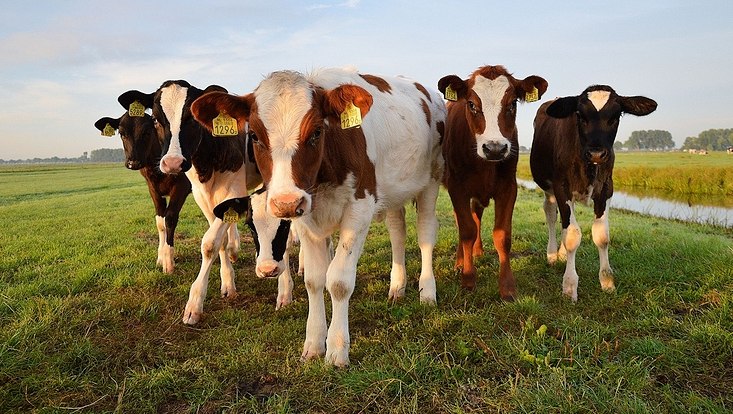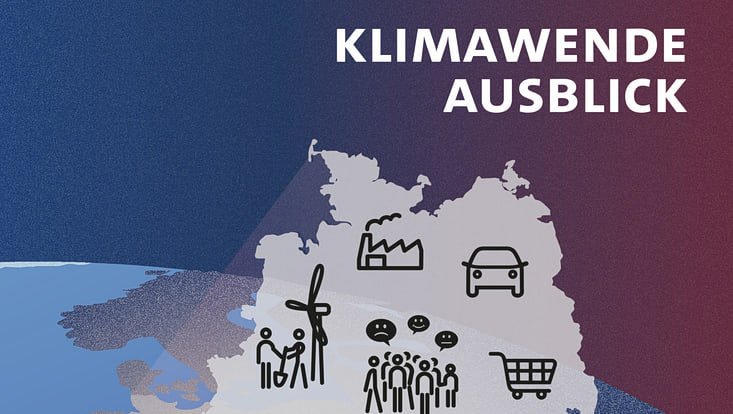and Society (CLICCS)
Meat tax in germanyAnimal welfare stronger argument than climate protection
23 February 2023

Photo: A. Spratt / Pixabay
Meat production is responsible for climate-harmful CO2 emissions. In addition, many animals raised for food suffer from poor living conditions. A meat tax could reduce consumption, while the proceeds could be invested e.g. in better conditions for livestock. A new study conducted by Prof. Dr. Grischa Perino and Henrike Schwickert from Universität Hamburg and just released in the journal Nature Food shows how the public has responded to this idea.
2,800 citizens took part in the online survey and were asked to decide on the tax variant assigned to them. While one group cast their votes on a meat tax geared toward animal welfare, another responded to a tax focusing on climate protection. The outcome: 62 percent of those surveyed would support a low-level meat tax. Support for a tax based on animal welfare (68 percent) was significantly higher than that for one based on climate protection (56 percent).
In addition, the participants were asked to vote on whether the tax should be uniform or should vary according to the type of husbandry, type of livestock, or emissions. Here, the level of support was the same for both options.
“We asked half of the participants to consider how a more differentiated tax would affect consumption patterns in comparison to a uniform one. As a rule, when aspects are highlighted in this way, they receive more attention. However, even though participants correctly identified the more pronounced steering effect of a differentiated tax on animal welfare and climate protection, it had no effect on voting behavior,” explains Prof. Dr. Grischa Perino, Professor of Ecological Economics at Universität Hamburg.
Together with his colleague, Perino also asked how much those surveyed would be willing to pay for a kilogram of meat. What they found: a majority supported the lowest proposed tax, 19 cents per kilogram. The highest proposed option, a tax of EUR 1.56 per kilogram, received the least support, although a quarter of the respondents said they would be willing to pay it.
What do these outcomes mean for policymakers? “The arguments for a meat tax need to be communicated more clearly,” says Prof. Perino. “Though there will definitely be resistance, the majority would seem to support a meat tax.” This should initially be a moderate tax. “Consumers have a positive attitude towards this type of measure, as long as they don’t feel too great a financial burden from it,” the economist relates.
The study was conducted at Universität Hamburg’s Cluster of Excellence “Climate, Climatic Change, and Society” (CLICCS). Prof. Dr. Grischa Perino is a member of the Cluster and, since January 2023, has been Director of the Center for Earth System Research and Sustainability (CEN), where the Cluster is based.
Publication
Perino, G., Schwickert, H. (2023): Animal welfare is a stronger determinant of public support for meat taxation than climate change mitigation in Germany. Nat Food 4, 160–169 (2023). https://doi.org/10.1038/s43016-023-00696-y
Prof. Dr. Grischa Perino
Universität Hamburg
Cluster of Excellence “Climate, Climatic Change, and Society” (CLICCS)
+49 40 42838-8767
grischa.perino"AT"wiso.uni-hamburg.de
Henrike Schwickert, M.Sc
Universität Hamburg
Fakulty of Business, Economics and Social Sciences
+49 40 42838-9262
henrike.schwickert"AT"studium.uni-hamburg.de


